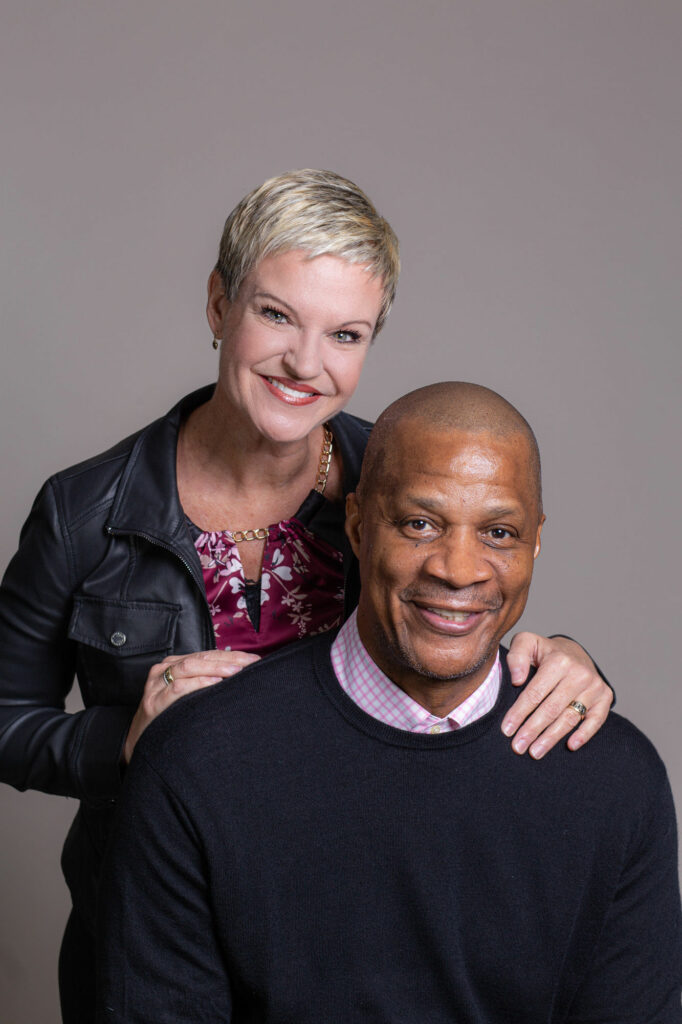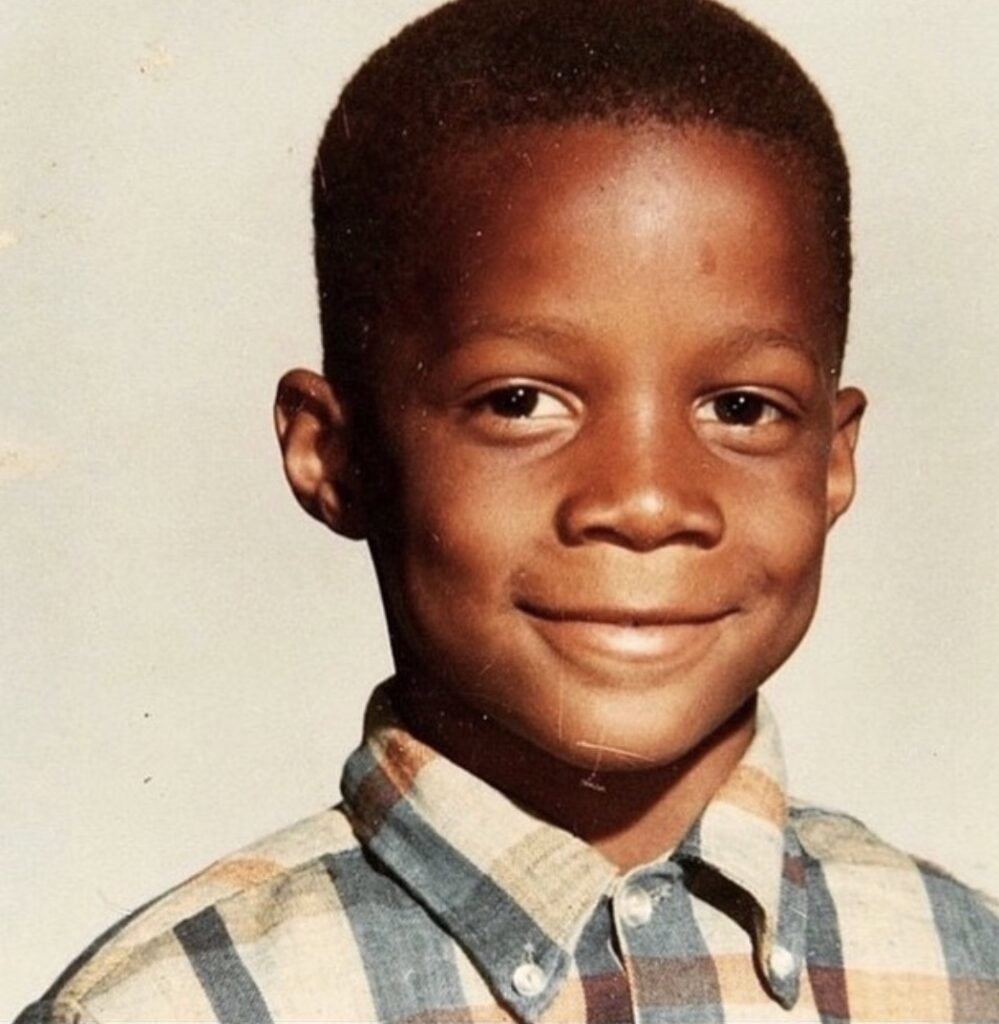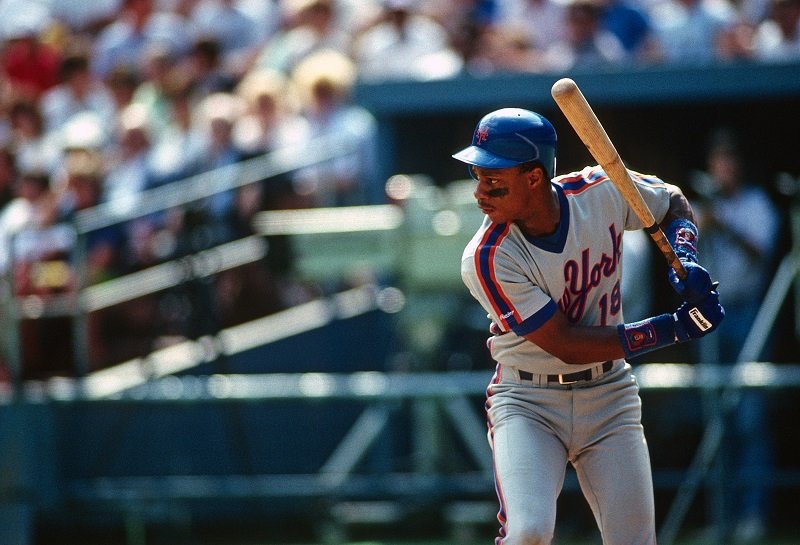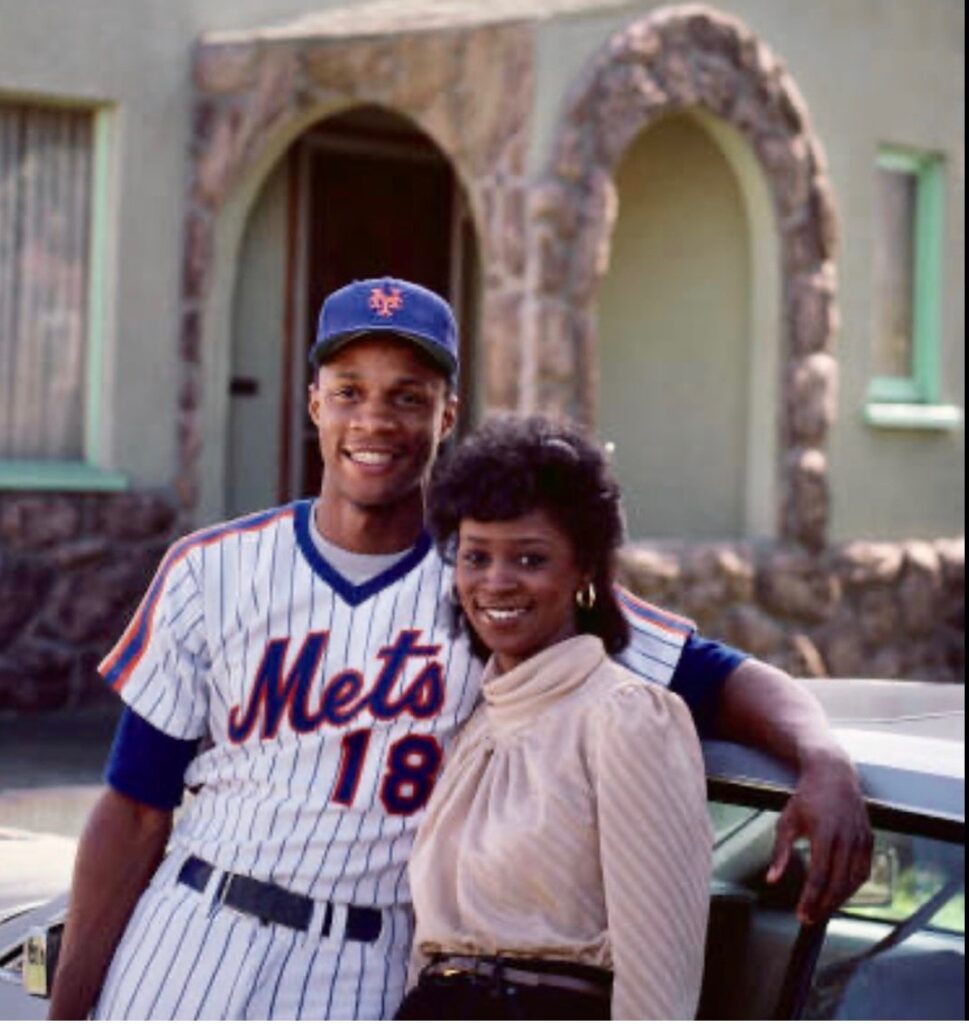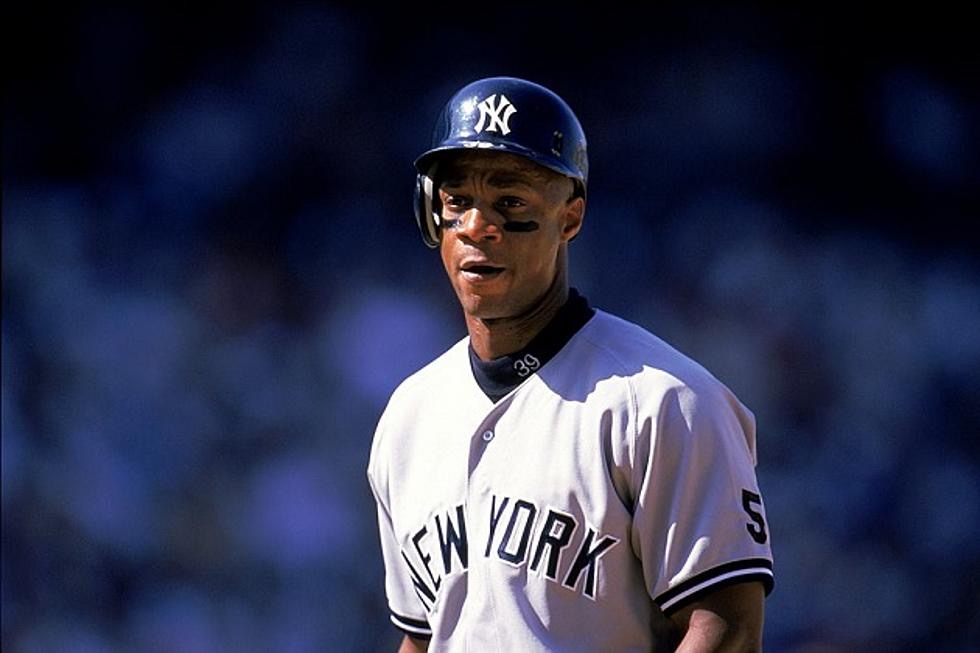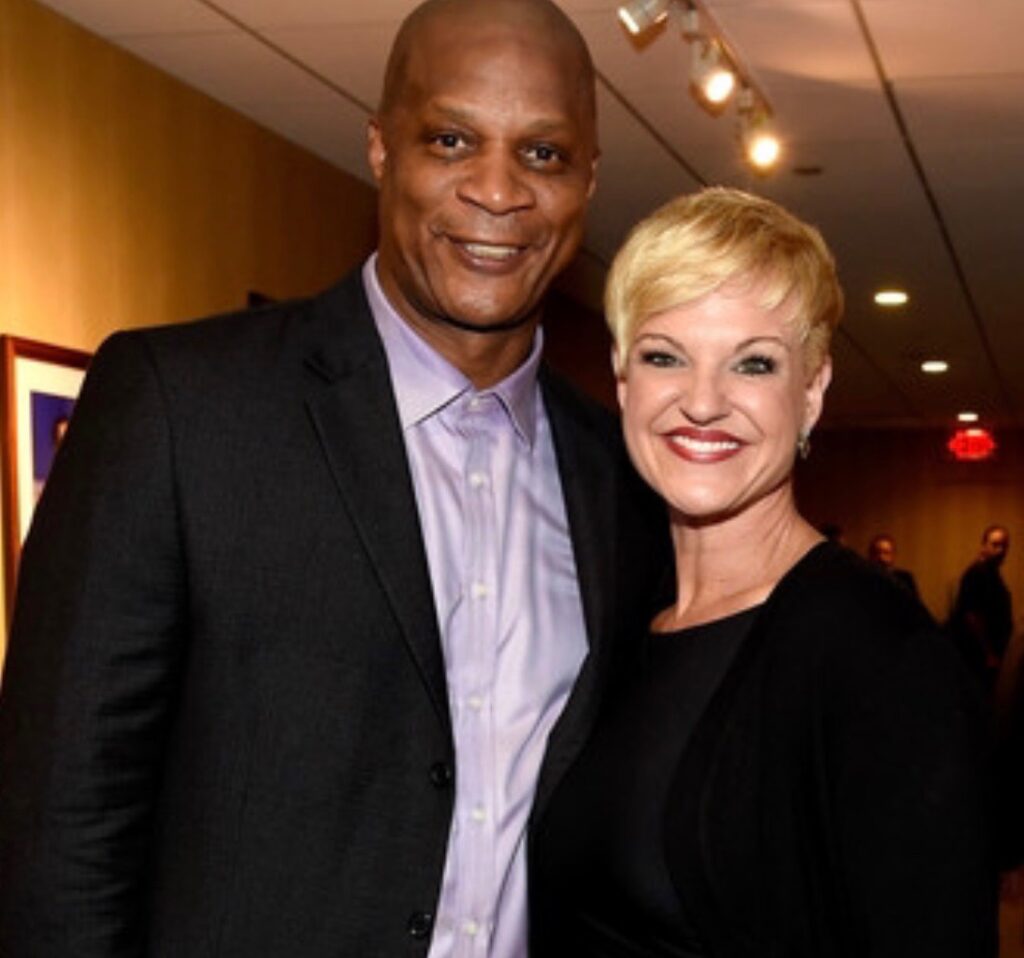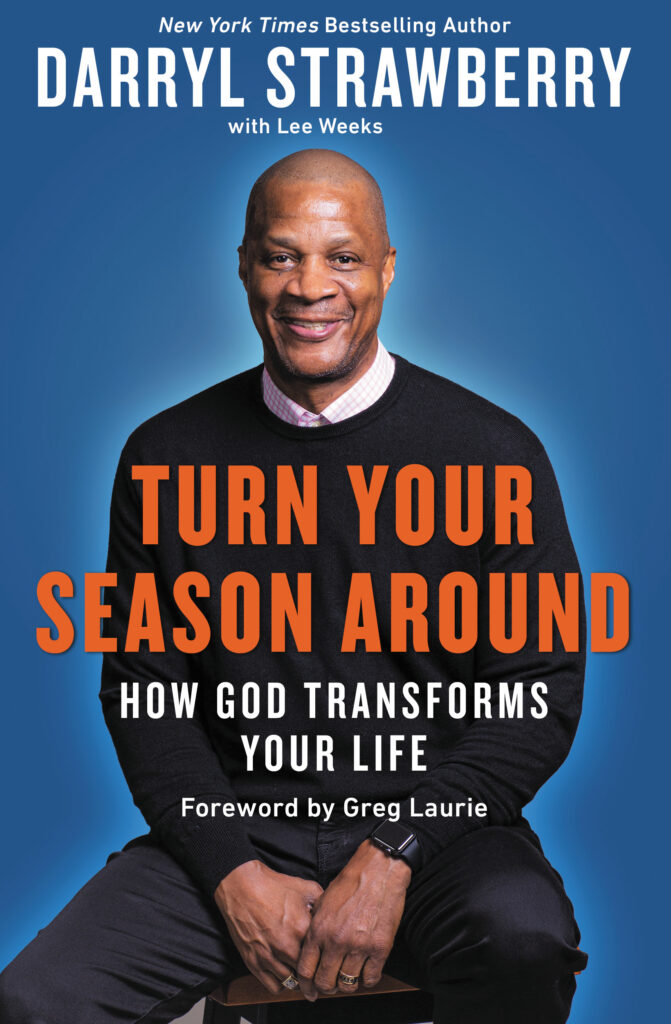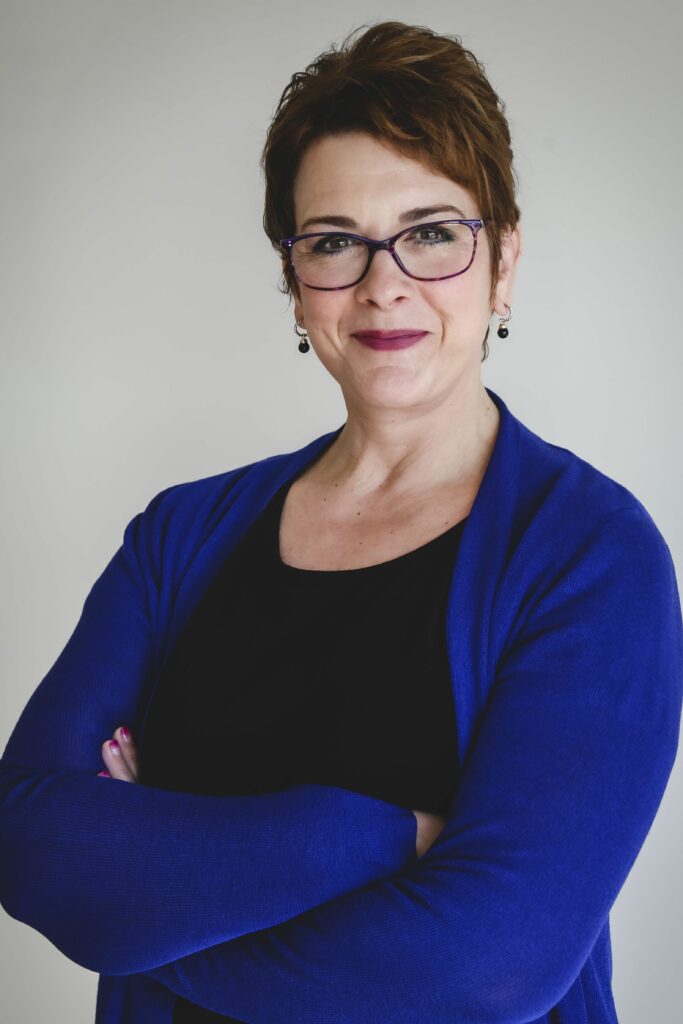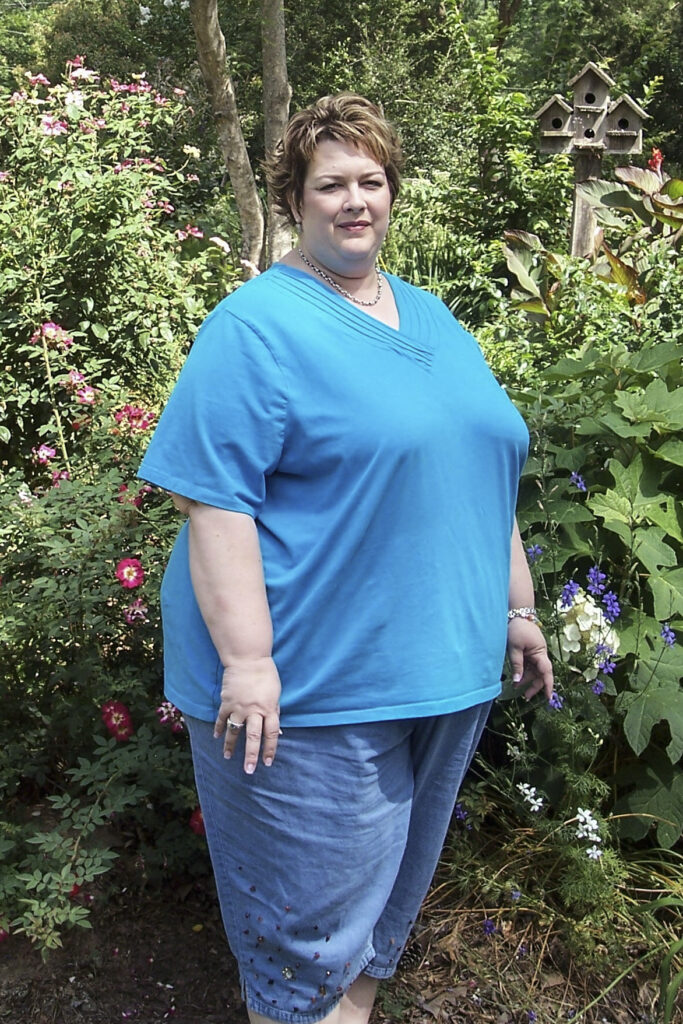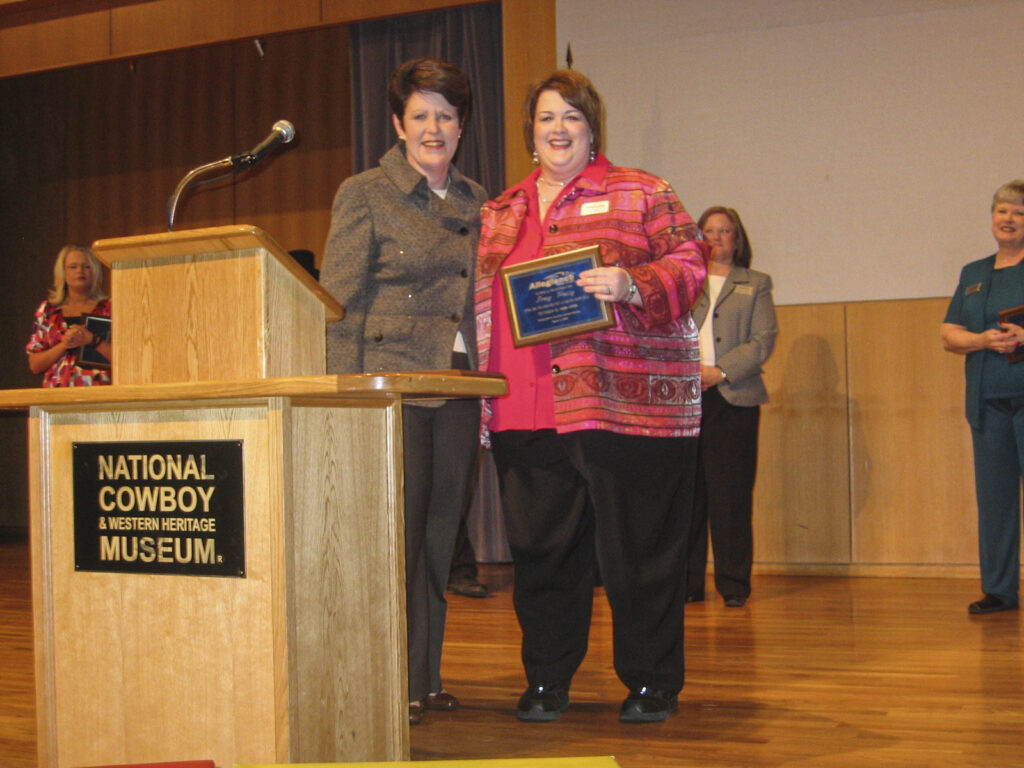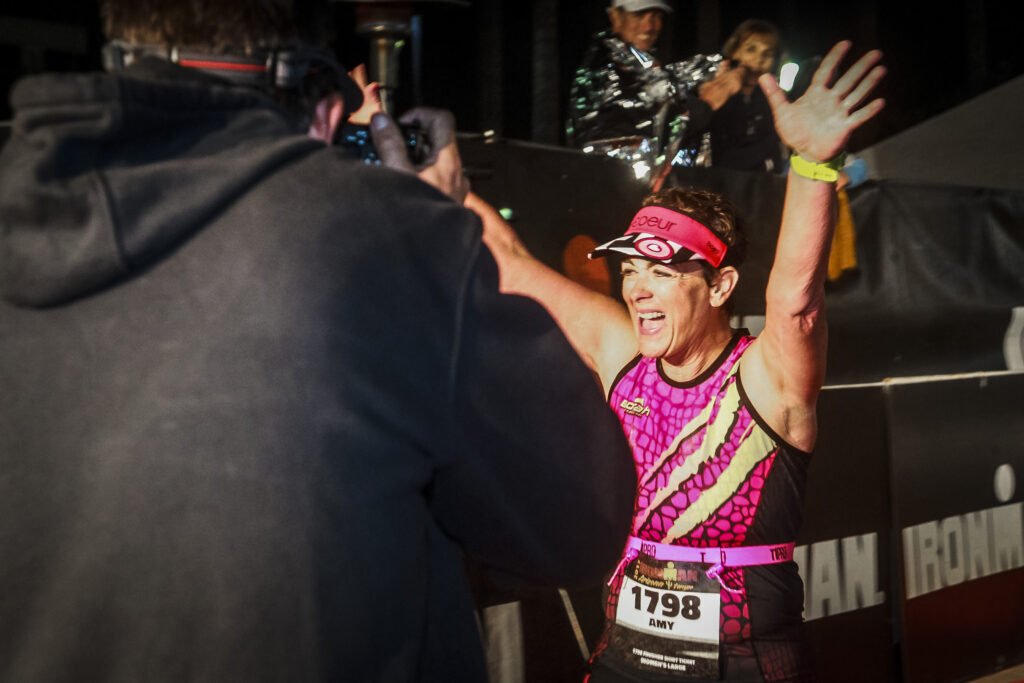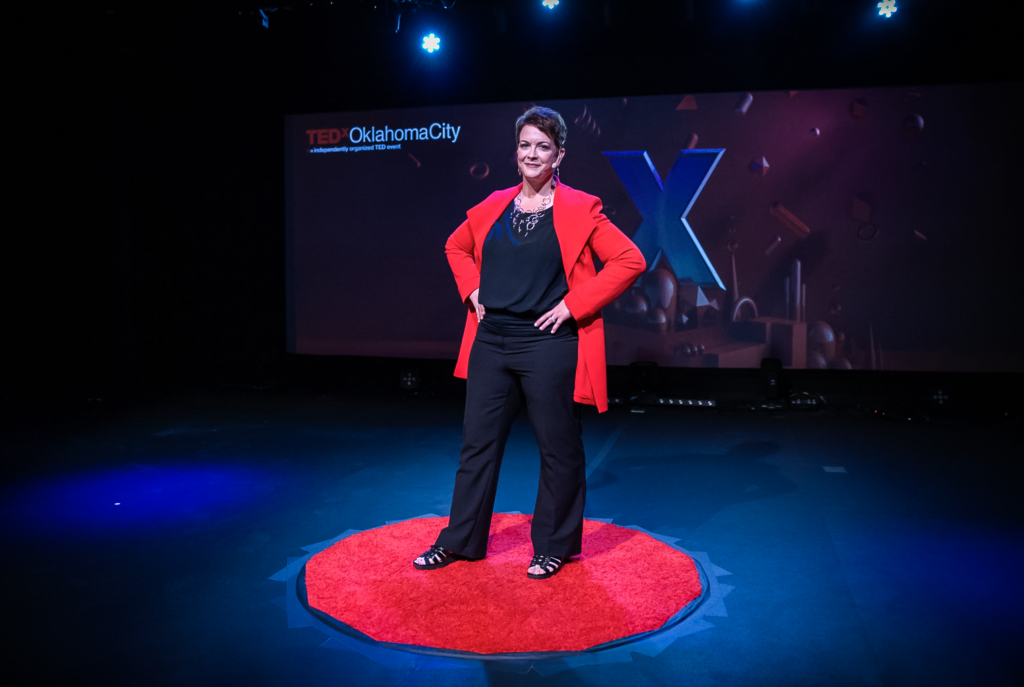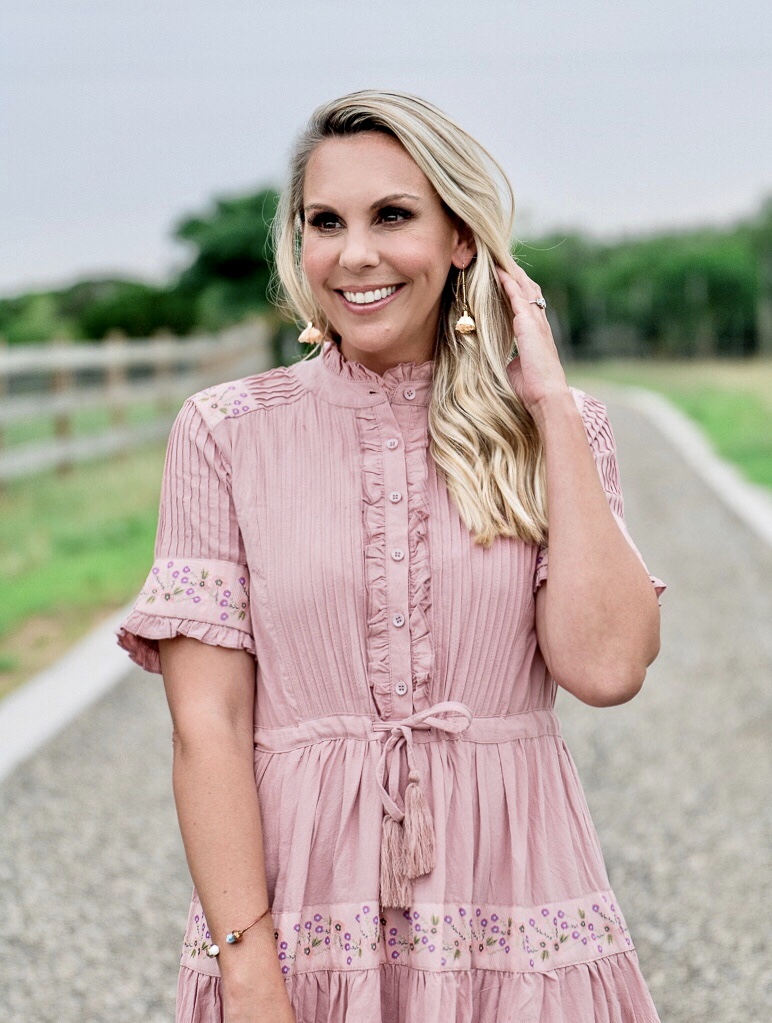Starting Over After Our “Wake-Up Call” Moments: Darryl Strawberry & Amy Downs
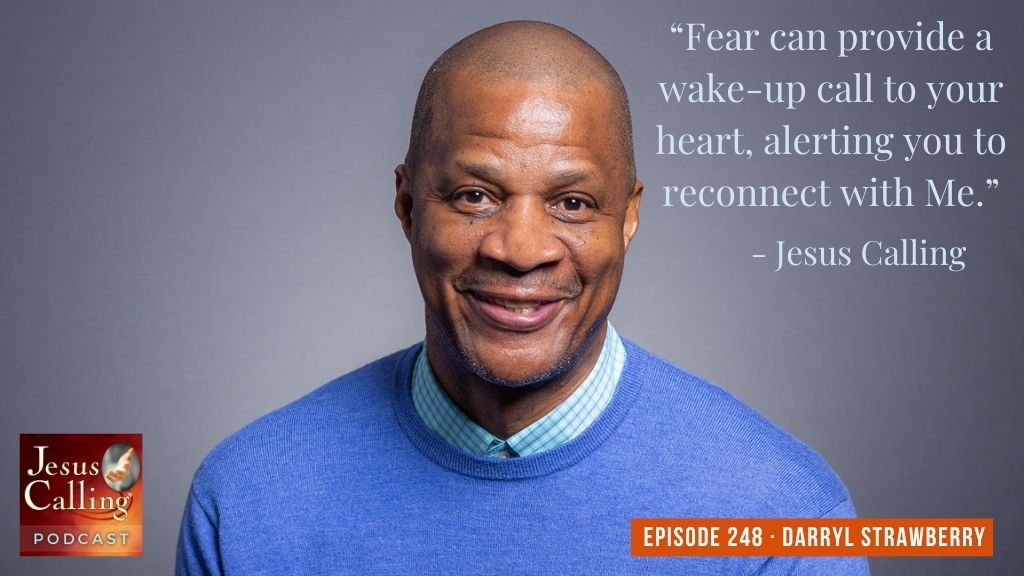
Darryl Strawberry: Baseball was fun, it was great, it was exciting, I was good. But at the same time, I had some real bad habits that had been introduced to me, and it led me astray from myself and who I could have really been.
And you know what God did in the midst of that? He reminded me all these years that [the reason] I was going through this life of trials and tribulations is because I wouldn’t forgive.
Beginning Again After Our “Wake-Up Call” Moments: Darryl Strawberry & Amy Downs – Episode #248
Narrator: Welcome to the Jesus Calling Podcast. Often we lament that our life isn’t where we want it to be because of the decisions we have made—and we beat ourselves up with regret and remorse. But what about the things we didn’t do, but that just happened—far beyond our control to decide? Those kinds of situations can either send us into deep despair, creating desperation to escape the pain behind them, or they can be the catalyst for us to take steps toward living a life where we look to the only One who has any control—God—and trust Him to guide our steps toward doing what is right for our lives.
We have two powerful stories today that encourage us that it is always possible to start over and live a life of fulfilment and meaning—no matter what kinds of decisions we’ve made in the past and sometimes in spite of the things that happen that we aren’t able to control.
Former Major League Baseball star Darryl Strawberry survived a childhood full of deep struggles that left him ill-equipped to handle the fame and fortune that would ultimately come his way—and he found himself suspended permanently from the sport and ultimately serving prison time. Oklahoma City bombing survivor Amy Downs saw herself as a failure—flunking out of college, gaining 200 pounds, and walking away from her faith. Both Darryl and Amy had that “wake-up call” moment in their lives where they knew they wanted to live differently, and over time, they each turned toward God to walk in a new direction.
Let’s start with Darryl’s story.
Darryl: My name is Darryl Strawberry. I’m fifty-eight years old. I played Major League Baseball for seventeen years and now I sit as a man of faith who stands in faith because of the gospel of Jesus Christ that changed my life.
I wore a baseball uniform for seventeen years and I identified myself as a baseball player. And it wasn’t until I came to Christ that I was able to identify myself as a man.
“I wore a baseball uniform for seventeen years and I identified myself as a baseball player. And it wasn’t until I came to Christ that I was able to identify myself as a man.” – Darryl Strawberry
The Generational Cycle of Abuse and Brokenness
My early years were a real struggle because I grew up in a very broken, dysfunctional home. My dad was a raging alcoholic and he would come home night after night drinking and drinking and be very loud and, you know, disturbing the whole house and wake us up in the middle of the night.
And when I was fourteen, he woke us up that night and he was drunk. And my older brother Michael said, “Why don’t you just get out of here and leave us alone?” And he actually pulled out a shotgun and said he was going to kill the whole family at that particular time. And had it not been for my wonderful mother getting us boys out of the house—because we went into action, we were very serious about protecting our mother. And one of my brothers, Ronnie, went and grabbed a butcher knife and I went and grabbed a frying pan and we were going to actually kill him. And I was only fourteen. Ronnie was fifteen. And had it not been for Mom getting us out of that house that night, it would have been a tragedy in my life.
We were young, but at the same time, we were hurting, you know, because of what was happening, the pain was real. And I think a lot of people don’t understand that brokenness is real. Lawlessness brings about brokenness and brings broken generations one after the next.
And from that point there, my father was never around after that night. And the next day, my mother decided that she would move him out of the house and she would go on to divorce him. So she saw her kids responding in such a way she’d never seen us respond.
Fame & Recognition Doesn’t Take Our Pain Away
I picked up a baseball bat when I was young, thirteen, fourteen years old. I loved sports. I was really probably better at the time in basketball and football because I played a lot of football in the neighborhood and played a lot of basketball in the neighborhood.
I got into Little League Baseball a little late. I started playing in park leagues. And it was fun. You know, it was really fun to be able to go out and experience that because I was so broken, you know, because of the rejection of my father. And I didn’t have a male figure in my life to be able to really teach me that, you know, playing sports is good for you. So I kind of had to learn that on my own. Then a lot of coaches came into my life and started really looking at me and coaching me and helping me develop as I was playing Little League.
And, you know, I played baseball in high school, but I still was troubled when I was in my tenth grade year. And I remember playing varsity baseball. Then I remember my coach came up to me and told me, “Don’t ever walk off this field again.” And I took the uniform off right there and threw it in his face and quit my first year in high school. So that was really a hard time for me to really learn something about myself. And I learned a lesson over that, once I went into my junior year and my senior year, not to ever quit again. And I knew I was broken and I knew I had a lot of things and a lot of issues. And I really wanted to try to get to that place where I can resolve those issues in my life, but I never did for a very long time.
The game of baseball was fun, you know, from Little League to high school, and then being drafted by the New York Mets out of high school my senior year, the first pick in the draft out of everybody. I had become a big story to everybody at the age of eighteen.
I go on to play baseball and go to minor leagues for a couple of years, really struggled in the minor leagues. And, you know, I came close to quitting baseball after that year. And I told the Mets organization I didn’t want to play anymore, I wanted to go to school and probably pursue basketball. But they asked me, “Give it another year.”
I went to Jackson, Mississippi, the Texas League, and I became a baseball player. I won the MVP of the Texas League. And there I was, Darryl Strawberry, this great baseball player who was going to arrive to the Big Leagues one day. I went to Virginia to play on the triple-A team at Tidewater, and I stayed there a month. And then I was up in the Big Leagues at the age of twenty-one. And it was an incredible time for me at that age of twenty-one to be in the Big Leagues.
But at the same time, I remember I was still broken and hurting on the inside. Who am I? Because everybody was praising me for, you know, this great baseball player I was about to become. But I always say it was my pain that started to lead me to my greatness and my greatness would lead me to my destructive behavior.
“Everybody was praising me for, you know, this great baseball player I was about to become. But I always say it was my pain that started to lead me to my greatness and my greatness would lead me to my destructive behavior.” – Darryl Strawberry
My first road trip being a young player, I wanted to fit in with the guys. A veteran player introduced me, and he sent me to the back of the plane and said, “Welcome to the Big Leagues, kids.” And there was an introduction to drugs, he introduced me to cocaine. And they took me to the club and showed me all the girls.
I would go on and win Rookie of the Year that year and go on to sign a $7 million contract right after that year. I would become immediately rich and young and famous. You know, I loved playing because I was good at it and I knew exactly what I was doing [being] a player, but I didn’t know who I was. So I was being consumed with all these other things that would pull at me, you know, from making fame and fortune money and the lifestyle, you get right in the middle of it immediately.
A Mother’s Faith That Moved Mountains
My mother was a very faithful woman and she lived for Christ. She didn’t live under, Darryl Strawberry is my son, a Major League Baseball player. She wasn’t crazy about that because she believed that the lifestyle of being a professional athlete and having everything like I had would destroy me. And she was right, you know, and I’m grateful that she saw that.
Her faith is probably why I am who I am today, where I sit today, because her prayers were, “God, knock him off his throne, save him. I don’t care what you do. I’m not concerned about his celebrity lifestyle, his fame, his fortune. Do what only You can do: save him.”
She was dying at the age of fifty-five. And we found this journal under her bed, which was incredible. She was praying to God, writing about all her kids, all five of us about, “God save them, save them from the drugs, save them from their lifestyle, save them from this, save them from being [in] the sinful lifestyle.” And she went on home to be with the Lord. And we saw that afterwards. And I was heartbroken because my mother was a sweet woman that raised five of us by herself and took care of us with no man and only God in her life.
And I ended up being a heathen and living a heathen lifestyle from this beautiful woman who lived a faithful life serving the Lord Jesus Christ. And to come to a place of getting healed and getting well was going to be a process for me. But it was her prayers. I know it was her prayers, you know, because God kept me. Because when I think about it, you know, I say a heathen lifestyle—womanizer, alcoholic, drug addict, sinner, ended up in a Florida state prison with a T17169 because of addiction. And there I ended up with cancer twice and losing my left kidney. There it was, God was doing for me what I couldn’t do for myself because of my mother’s prayers to cover her children.
“God was doing for me what I couldn’t do for myself because of my mother’s prayers to cover her children.” – Darryl Strawberry
God would save me. And He would eventually use me to lead my entire family to get saved. And my sister, when she was dying at age fifty-one, I had to rush to the hospital to lead her and in The Sinner’s Prayer to be saved. God sends me to see my father in a hospital after He saves me and He sends me to repent to my father, for me keeping him out of my life. And He speaks to me: “How dare you not forgive him when I forgave you.”
I asked my father to forgive me, and he did. A tear came out of his eye and he said, “Yes.” And I just lost it. I just laid in his lap and cried so hard and then God says, “Raise up.” Then I raised up and He says, “Lead him in The Sinner’s Prayer.” And there was the man that rejected me and beat me that left me scarred and wounded. God uses me to lead him in The Sinner’s Prayer to lead him to the Lord.
God released me from any anxiety, depression, and everything, because God made me understand that the forgiveness was not for [my father]. It was for me. God made it clear that two wrongs don’t make a right. So two wrongs in a situation you can’t bring right to it. You can’t bring healing to it. And there was my life of who I was being transformed and all the broken pieces that were in my life that God would put them back together.
“God made me understand that the forgiveness was not for [my father]. It was for me.” – Darryl Strawberry
A God Who Frees and Transforms
It was an incredible time where faith came about in my life. It was a hard, difficult, challenging road. But I’m grateful that I went through it. I believe God knew that I would be strong and that I would be different, and that He would create something so phenomenal inside of me that I would never understand. But I would know directly that it comes from Him.
When I went to my father and asked for forgiveness, God delivered me, you know, and then I went back and it was so incredible because I went back and I asked my two first wives to forgive me and told them, “I wasn’t a good husband, I wasn’t a good father. I’m sorry,” after God changes me. So it runs a long ways. And I had six kids and I had to tell them, “Forgive me, I wasn’t a good dad,” you know? But today we have such a wonderful relationship because of the healing process that we all had to go through.
One thing I’ve learned about God through this process, He made me understand clearly that nothing, no one in this life is perfect. The only one [who] was perfect was Jesus Christ. You know, for all the rest of us, He said, “We will all fall short.” And we all have, you know, we all fall short in some kind of way. We don’t live up to the standard of who He is. And it leaves us separated from God. The separation is far greater than we can ever imagine.
And when God does His transformation, He does it for you, but He does it to get through to you so He can get somebody else to have the same revelation that you have had. Over a period of time, you know, I started to understand that it’s about the revelation of Jesus Christ, you know, hanging on the cross of Calvary, and shedding His blood for sinners like us, that we may have life and may have it more abundantly. And it’s about us being able to have the transformation and going back and loving somebody else and meeting somebody else right where they are at and all the troubles and the broken pieces and telling them that “God loves you.”
“When God does His transformation, He does it for you, but He does it to get through to you so He can get somebody else to have the same revelation that you have had.” – Darryl Strawberry
I don’t need to be popular anymore. I need to be in a place where I have a ministry, where I’m helping people win their life back through Christ so they can be thriving in life and so they can be joyful in life. He’s done a real miracle because of faith.
God had to equip me because He knows—and that’s what I love about God—He knows if you’re not equipped, the enemy is going to destroy you. And He destroys some of those who are equipped. And I realized that He didn’t want me to be destroyed anymore because He knew I was already destroyed from a worldly standpoint. So He was for sure not going to let me be destroyed from a kingdom standpoint, because what we don’t understand is God doesn’t fail.
God called me to become an evangelist twelve years ago, to go and preach the gospel. I go, “You got the wrong guy.”
He goes, “No, I got the right guy.”
I said, “No, I’m not qualified.”
He goes, “No one is qualified. I qualify the call.”
He started teaching me what was important. He started teaching me understanding of the scriptures so they can help people to understand how to be transformed. It is an incredible gift that He gives to you. I don’t deserve the gift, but He gave it to me and I’m running with it, you know, and I’m [going to] win as many souls as I can. It’s the joy of the Lord that has become my strength in everything that I do.
You need Jesus because you have problems. And I know when I was consumed with that lifestyle that I didn’t have Jesus. And I didn’t want anything to do with Jesus because I believed I had everything. I had every earthly thing. I had money, I had fame, fortune, women, whatever it was. But at the end of the day, I’m so glad that He found me where I was in a pit and brought me to a pulpit.
Narrator: To learn more about Strawberry Ministries, please visit findingyourway.com. And be sure to check out Darryl’s new book, Turn Your Season Around, wherever books are sold.
Stay tuned to Amy Downs’ story after a brief message.
Graduation time is upon us, and Jesus Calling for Graduates makes a perfect gift from parents, grandparents, pastors, teachers, and mentors to both high school and college graduates as they embark on the next major transition in life. With 150 devotions applicable and relevant to recent graduates, you’ll find topics such as: discerning God’s will, self-worth, trust, attitude, support, and more. Find Jesus Calling for Graduates wherever books are sold.
Amy Downs was one of the last survivors pulled from the rubble in the aftermath of the 1995 Oklahoma City Bombing, which killed 168 people, eighteen of which were her coworkers. Thinking about how close she came to death, Amy began to desire change in her life in areas she had previously felt stuck. She shares about her life before the bombing, the horrific moment the bomb went off in her office building, injuring her and trapping her under piles of debris and wondering if she would survive—and how she moved forward from that day toward something new for her life.
Amy Downs: Hi, I am Amy Downs, I am fifty-four years old. And during the day I’m a CEO of a financial institution and at night, I’m an amazing cyclist—in my head, anyway. I’m a mom and a wife and a follower of Jesus. I grew up in Shreveport, Louisiana. I had five brothers and sisters—big family—and I was the baby.
Then as I got older, I really didn’t know what I wanted to be. When I grew up, I went to college because that’s what you’re supposed to do. I flunked out of college very quickly, like, by the second semester at a 0.50 grade point average. And I couldn’t even pass the remedial math class. So I flunked out of that. I had no idea what to do and decided with those amazing math skills that I would apply to be a job as a teller with a cash drawer. And so I applied for a job at a financial institution, a credit union inside the Murrah Building in downtown Oklahoma City and got the job. So that began, little did I know, a thirty-two year career at this credit union.
Emerging from the Rubble
I worked on the third floor, front and center, of the Murrah Building. I had an amazing boss. Her name was Vicky. And I was at this point seven years into this job, and had moved from being a teller to being a clerk, and she was such a mentor to me. I was going through a very difficult season in my life. I had gained 200 pounds and was really living my life pretty complacently and had, by this time, kind of walked away from my faith. I never, like, renounced my faith or anything like that, it was just a subtle slipping away, like, I can take life in my own hands. I really don’t need God anymore.
And this woman, Vicky, would teach me so much about, “You can do things with excellence and if you apply yourself. You can be whatever you want to be, no matter your size.” Like, she taught me that my size shouldn’t matter as much as it was mattering in my head. It just made such an impact on me that she cared enough about me to not only teach me in business, that she cared about my soul.
On the day of the bombing, it was just a normal spring morning, you know, beautiful blue skies and red buds were blooming. I was really excited. I was getting ready to actually close on my very first house. And so I walked around chatting about everything. And as it got close to nine o’clock, I remember thinking, Okay, I really need to get to work. I goofed off the first hour of the day.
I went and sat down at my desk, which was right in front of the glass windows, and a coworker of mine, who was seven months pregnant, came and sat down right beside me. Her name was Robin. And I remember turning to ask Robin what she needed, but I don’t know that the words ever came out of my mouth because that’s when the bomb went off.
And I just remember hearing this incredible roaring, it was so loud, it was just deafening. It was like my head was just exploding. And I could hear people screaming, and I heard this woman screaming right in my ear, “Jesus, help me! Jesus, help me!” I realized that that was me, that was my voice. And I feel this rushing sensation like I was falling, and I was, I was actually falling three floors, and then landed and I was buried under about ten feet of rubble.
And I remember laying there for just a little bit like wondering if I was dead or alive, like, Where am I? I really didn’t have a bearing about where I was. Then I heard a siren going off in the distance and I decided, I must still be alive, I can hear the siren going off.
But it was about forty-five minutes before I heard any voices, and I heard this man, I heard this man’s voice, and he said, “Okay, let’s split up, let’s look for the daycare babies.” And I was really confused because I worked on the third floor and the daycare was on the second floor. And so I was confused, like, Why are they looking for daycare? I didn’t understand that we all were at the bottom of what was once this nine-story building.
So I started screaming. And the man said, “I hear you, I hear you, child, how old are you?”
And I remember I didn’t know what to say, like I wanted to say, “I’m two,” you know, If I tell [him] my age [he] is not going to come get me. And I said, “I’m sorry, I’m twenty-eight.”
And he said, “That’s okay,” and he starts yelling, “We have a live one.”
He said, “We can’t see you. We have to follow the sound of your voice, so keep talking to us.”
So we start talking. He tells me there’s been a bomb, which I didn’t really know what a car bomb was before this time. We didn’t have car bombs here. To me, a bomb was something like World War II, my dad was in World War II, and that’s where a plane drops a bomb on a city. So I remember asking, like, if my sister’s house, her area was okay. And it just took me a little minute to figure out that this bomb was only at our building. So they get closer and they uncover my right hand and I found out later I was in my chair upside down in this rubble pile, but my right hand was sticking out. So they grabbed my hand. And I’m thinking this is going to be, One, two, three. They’re going to pull me up and out.
They find my hand, grab hold of my hand, and then I hear men’s voices yelling in the background, “They found another bomb, they found another bomb! Everybody out now! They’ve got another bomb! Let’s go! Let’s go! There’s another bomb!”
So my rescuers began trying to talk over all this commotion, and they said, “Amy, we need to get some more hydraulic equipment. We’re going to be right back. We just need some more equipment.” I could hear people yelling. I could hear them screaming, “There’s another bomb!”
And so I just told them my name and, “Tell my family I love them.” And with that, they were gone. So at this point. I was buried alive, I can’t see, I can barely breathe. I know another bomb is getting ready to go off and this is it. My life is over. I remember thinking, I’m twenty-eight years old, and I’m getting ready to die.
They came back and they started working to get me out. And it wasn’t an easy task. It took them six and a half hours to get me out of the rubble. It was a very long and difficult task for these firefighters who were risking their lives in a very unstable area of the building. There was an emergency physician on standby to amputate my leg if they needed, and they kept stopping to evaluate that. And my rescuers kept saying, “Just give us twenty more minutes.” And they would just say, “Give us twenty more minutes.”
I remember at one point I asked the firefighter, I was getting a little uneasy, and I said, “Are you guys going to be able to get me out?” And I remember he answered, “We’re going to do our best.” And that was a very sobering answer, because I think I was hoping to hear, “Oh, absolutely,” and that’s not what he said.
But after six and a half hours, they said, “Okay, we’re going to count to three and pull, this is probably going to hurt.” And of course, I didn’t care, I just wanted out. And they counted to three and they pulled, and I came out from under the rubble for the first time. And it did hurt, every nerve came alive, but it didn’t matter. I was free.
And I remember looking around and thinking, This isn’t real, this is a movie. I just can’t describe the destruction, it was just unbelievable.
They put me on the back of a gurney and took me out of the back of the federal building. What once had been this beautiful spring morning with blue skies was now cold, dark, gray, and it was beginning to rain.
I remember looking up at the gray sky and just taking that first breath of fresh air and promising God I will never live my life the same. I was in the hospital for eight days, and during those eight days in the hospital, I would find out one by one that eighteen of my thirty-three coworkers were killed. Robin, the girl that was sitting next to me, was killed, and my mentor, Vicky, was killed. The grief was overwhelming for quite some time. We lost over half our staff.
“I remember looking up at the gray sky and just taking that first breath of fresh air and promising God I will never live my life the same.” – Amy Downs
And in addition, all those people that worked in the building that had accounts with us, they needed money because there were funerals, and they needed access to their funds. So the idea of getting our business open and running as quickly as possible was very important. So my focus turned to work, primarily, for the next few years.
Taking Small Steps Toward Radical Change
My boss that came to work for the credit union after the bombing, our new CEO, she was my next mentor that I had in my life. She would often ask me what I call the magic wand question: “If you had a magic wand, what would you do?” And it just created sort of a safe environment for me to say whatever, because she would encourage me by going, “There’s no wrong answer, you have a magic wand.”
I used to say, “I want to have a great culture at work, really great culture where we all like each other.”
And she said to me, “Okay, given your current situation and your current limitations, what are the smallest steps you can take to make that happen?”
And I walked away from that conversation thinking, What just happened? Now it’s my responsibility? But that was so powerful because it was, “Given your current situation, given your current limitations, what are the smallest things you can do?” Well, that’s a pathway that you have agency over because it’s, “What can you do?”
I remember taking out an index card one day at work, because one of the things that bothered me was flunking out of college.I wrote on the index card, “I want to go back to school.” And on the back of the card, the very first thing I wrote down was, “Find the phone number to LSU.” And the next one was, “Get your transcript,” like the smallest steps that it would take. And I started working through those.
When I graduated top of my class with my degree, that confidence just boosted me to want to continue. So that was sort of the catalyst that just changed things and kept me going to see what else I could do. How else could I apply myself?
I grew up always knowing about Jesus, so much so that He was like my invisible friend that other people couldn’t see. And so from the very earliest ages that I can remember, Jesus was part of my life. So way back in the day growing up, I thought you had to have like this hour or two hour focus time with God every morning, or you’re not a Christian. And that’s very difficult for me to do, and I’ve since evolved and learned that I can be in a state of prayer really all day long and come in and out of that. And that’s okay. And the same thing with my Bible reading, I don’t have to sit down and say, “Okay, I’m going to start the timer. My two hours starts right now.”
And so Jesus Calling made a big impact on me because the message is short, but it is so powerful, so I can read that without being distracted, it’s short enough that I can absorb it, I can read it, and that message is strong and so it stays with me.
I feel like we all have a thing, the thing that we know we need to deal with, like the thing that is our problem. And mine was this 200 pounds because it was starting to affect my knees. It was starting to cause me problems. I had a son at this point, and I was worried about keeping up with him. So I decided, I’m going to face this, I’m going to figure it out. So I used my research skills I had obtained in getting my degree, and I just started researching all the different ways, plans, programs, you name it, and I started. I thought the definition of insanity is trying the same thing over and over again. So I am going to start trying different things.
So I started trying some different things, still having a lot of difficulty. And I decided to check into bariatric surgery, which was very difficult for me to admit and very difficult for me to talk about, because I feel like there’s a certain amount of admitting failure when you turn to a surgery or a medical procedure. But my boss said something to me one day. She said, “Amy, if you have something that is crippling you and keeping you from living life, you do whatever it takes to free yourself.” And I thought about that and I thought, You know, if I had an issue with drugs, I would go to rehab. I’m going to have to do what it takes for me to get free [from obesity] and just not worry about judgment from others. So I did.
“I thought, You know, if I had an issue with drugs, I would go to rehab. I’m going to have to do what it takes for me to get free [from obesity] and just not worry about judgment from others. So I did.” – Amy Downs
The surgeon I had, I just love him. He said, “I’m going to warn you: if you don’t change your life, you’ll gain this weight back. This isn’t a magic bullet. You have to change your life. I want you to get on the exercise plan. You have to start exercising.”
So I just kept taking those steps, I thought, Okay, what do I need to do? I need to go to a gym. I need to eat better nutritionally. And again, I started taking those smallest steps. And then my sister was riding a bicycle, and she invited me to go ride a bicycle with her, and it was fun. I remembered when I was a kid and I rode a bicycle, it was a blast.
And so my next big goal was, I want to get a bicycle, and I want to start riding a bicycle. And at that time, it was, I want to ride fifteen minutes in the neighborhood with my son. There was a snow cone place he wanted to go to, and we could technically ride our bikes there through the neighborhood. So then it was, I am going to ride to the place to get a snow cone [with] my son. And we just kept getting a little further, a little further. And then it was, I want to ride my bike around the lake. We had a trail system around the lake that I had no clue about. I told my sister, I was like, “I feel like there’s a secret society I knew nothing about for so many years.”
So I became introduced to trails and started riding my bike around the trails. So I just kind of kept leveling up a little bit more and a little bit more. I got my Master’s. Somebody encouraged me to run to honor the lives of my friends that I lost in the bombing. We have a marathon in Oklahoma City that’s put on every year that honors the lives of those lost because we lost 168 people total. And so I ran the half-marathon in that. And then somebody said, “You know, if you just learn to swim, you can do this thing called a triathlon.” So I went for the swim coach, learned how to swim and, you know, it’s just one thing after another.
Living Life with Intention
Having that experience of facing death at twenty-eight and just sort of realizing, like, I want to live my life with intention, and whether that’s doing things purely for my own selfish enjoyment, like a triathlon, you know, or whether that is wanting to serve people in a very difficult role and position, like being CEO of an organization. It’s being intentional.
“Having that experience of facing death at twenty-eight and just sort of realizing, like, I want to live my life with intention, whether that’s doing things purely for my own selfish enjoyment, like a triathlon, or whether that is wanting to serve people in a very difficult role and position, like being CEO of an organization. It’s being intentional.” – Amy Downs
If I had to say one thing that I’ve learned that has brought me through all this transformation is to live your life intentionally, whatever that means for you. There is something that means something to you. You have a dream tucked away. You have thoughts or you have an addiction you want to overcome. Frequently my prayer every morning is, “God, please help me to show up.”
I am now the CEO of the financial institution that I started out at so many years ago as a teller with a cash drawer that had terrible math skills. So now I’m CEO of that same organization. [I often pray,] “Who needs me today? Help me show up for them today.” I want to be the best that I can for my team and for the people that need me, just like Vicky was for me and just like the CEO before was for me. I want to do the same.
Narrator: To learn more about Amy, visit https://amydowns.org.
If you’d like to hear more stories about the power of God to restore our lives, check out our interview with wrestler Kurt Angle.
Narrator: Next time on the Jesus Calling Podcast, we hear from Holly Hayes, founder and CEO of the Sanctuary Project, a nonprofit jewelry enterprise that employs and empowers women who are emerging from trafficking, violence, and addiction. Holly shares her own survival story, and how she discovered that God is the ultimate sanctuary.
Holly: By twenty-one, I was homeless, addicted, completely lost, completely broken. And I was on the floor of a public bathroom just crying and watching my tears hit the floor one day and three words fell out of my mouth. I said, “God, help me.” And so it was so clear in that moment that Jesus was the God who would rescue someone in the pit of sin and give them a whole new life.
